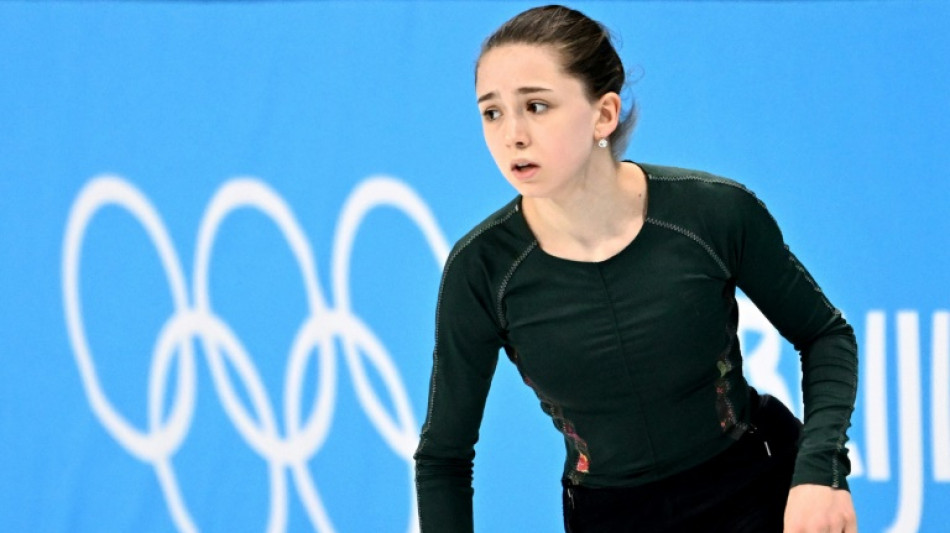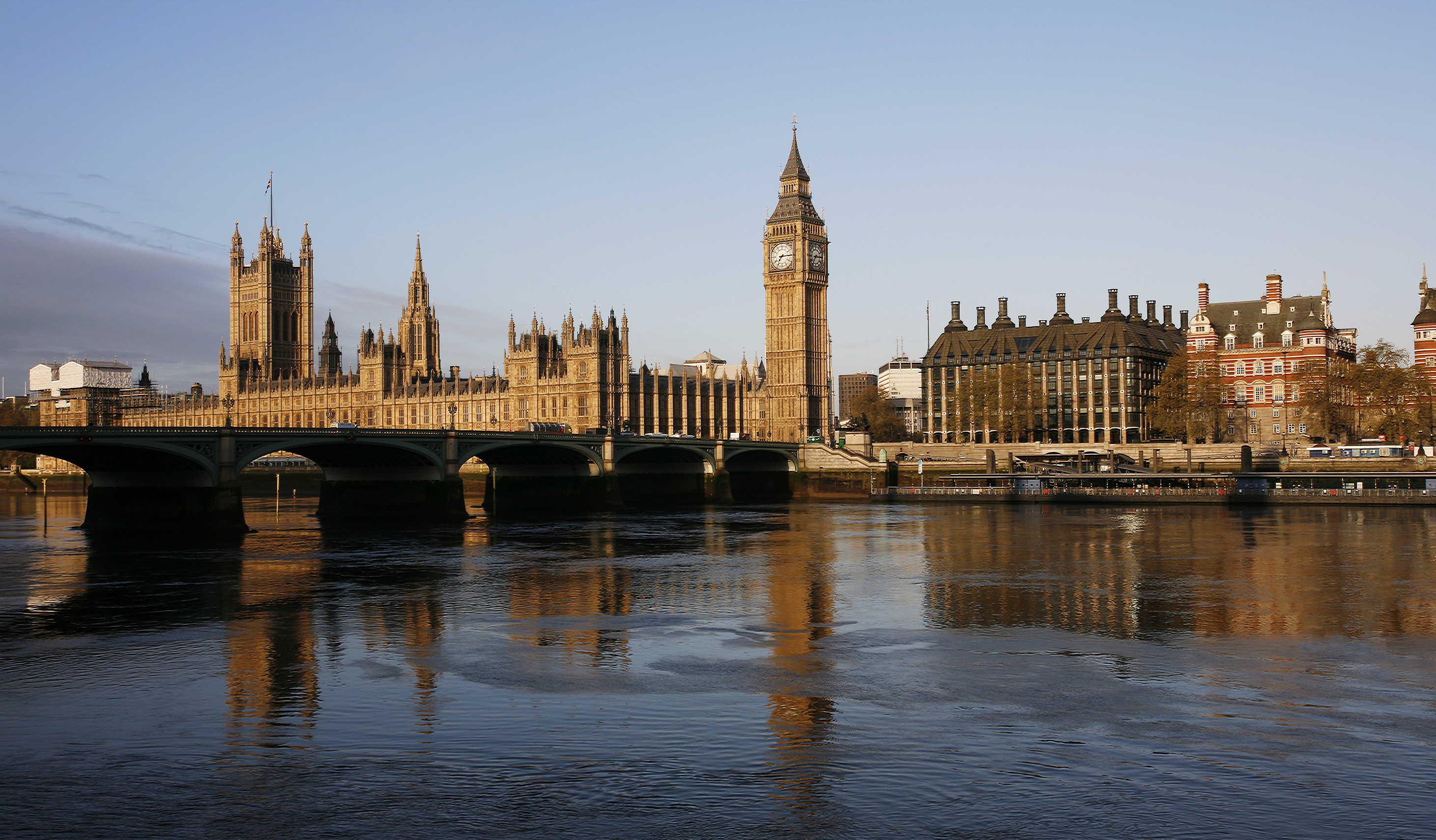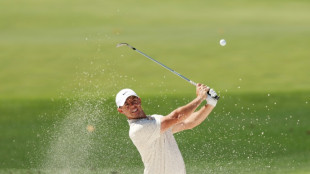

Teenage Russian skater Valieva to learn Beijing Olympics doping fate
Russian figure skating sensation Kamila Valieva will learn Monday if she can compete again at the Beijing Olympics when sport's top court gives its decision on a doping test she failed in December.
The 15-year-old could be barred from competing in the women's individual competition -- which starts on Tuesday -- if the Court of Arbitration for Sport (CAS) rules against her.
In Monday's sports action, Californian-born Eileen Gu, the face of the Games after winning freestyle skiing gold for China last week, held her nerve to qualify for the slopestyle final -- then dashed off to practise.
The 18-year-old sensation was down in 11th place after a mediocre first run at Genting Snow Park, and with only the top 12 going through to Tuesday's final, Gu could not afford to make a mess of her second run.
With the pressure on, Gu delivered, her score of 79.38 enough to take her into the final in third place.
CAS is to deliver its decision around 2:00pm Beijing time (0600 GMT) on Monday after hearing evidence on Sunday, with Valieva in attendance.
The prodigious Valieva would be favourite to win the individual event, if she is allowed to take part.
She helped Russia win team gold earlier in the Games, producing a dazzling performance as she became the first woman to land a quadruple jump in Olympic competition.
The medals ceremony for that competition was cancelled while the Valieva case raged in the background.
The International Olympic Committee said Monday the medals for the team competition would "probably not" be awarded during the Games, regardless of the decision about Valieva.
"That will not be probably sorted out during these Games and it's something that's regrettable but we have to follow the process of CAS and the legal process," IOC spokesman Mark Adams told a media briefing in Beijing.
"It's a dilemma we are all in and it's something we're not happy with.
"This specific decision is about whether she can compete or not.
"All the other issues will have to be discussed further into the Games and that will include the presentation of the medals to the teams."
The case has raised a string of questions, not least why it took six weeks for the test to be processed by a laboratory in Stockholm, which is accredited by the World Anti-Doping Agency (WADA).
- Intense scrutiny -
The International Testing Agency, which carries out doping control during the Olympics, says that a sample taken from Valieva during the Russian championships on December 25 showed the presence of trimetazidine.
Trimetazidine is used to treat angina and vertigo but it is banned by WADA because it can increase blood flow efficiency and help endurance.
The Russian anti-doping agency (RUSADA) was notified of the positive test result on Tuesday -- the day after the team competition -- and suspended Valieva, but she successfully appealed and the ban was lifted.
The first signs that the Beijing Games were about to be rocked by a doping scandal came when the medal ceremony for the team event was cancelled, with the IOC blaming a "legal" issue.
Once the positive result was made public, the IOC, WADA and the International Skating Union said they would appeal against RUSADA's decision to clear their athlete.
Amid the havoc caused to one of the Winter Games' most popular sports, the Russian team has questioned why Valieva's result was produced in the middle of the Olympics.
RUSADA has suggested it was informed that the sharp rise in Covid-19 cases at the start of the year was the reason for the delay.
The other burning question in the case is the welfare of the girl at the midst of the latest doping scandal to rock recent Olympics.
The IOC has urged WADA to investigate Valieva's entourage, which includes coach Eteri Tutberidze.
Christophe Dubi, Olympic Games executive director, said Sunday it was important to remember the "human side of this story... to think about a person of 15 in this situation".
"We need to treat this situation extremely carefully," Dubi said.
CAS's decision will be intensely scrutinised because Russia is already under sanctions for a massive state-sponsored doping programme that reached its peak at the 2014 Sochi Winter Olympics.
As a result, Russians are competing in Beijing under the flag of the Russian Olympic Committee (ROC).
The Russian flag cannot be displayed at the Games or on the team's clothing and the national anthem cannot be played.
French figure skaters Gabriella Papadakis and Guillaume Cizeron won their first Olympic gold in ice dancing on Monday, breaking their own world record again in the process.
The five-time European and four-time world champions scored 226.98 in total, beating their previous high score of 226.61.
B.Foster--MC-UK




